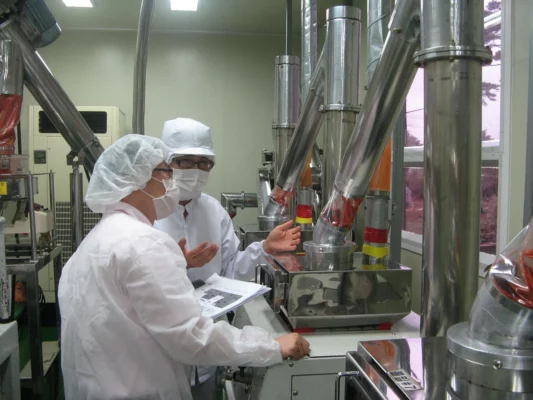How Should Your Restaurant Approach National Food Recalls?

Food recalls seem to be a common occurrence. Recalls affect restaurants, stores, and consumers all over the country. A food recall is bad news for consumers but can be catastrophic to a restaurant, ruining a reputation for months or years. Staying knowledgeable and prepared for recalls is pertinent to handling food safety issues.
Stay Up to Date With Local and National Regulatory Agencies
It is vital to be informed from the food supply chains and regulatory agencies. A delay can mean that you are serving tainted food to your customers. Foodsafety.gov provides the most up-to-date information available on any food recalls in the USA. It is important that a restaurant owner or manger put food safety as a priority of each day, checking for recalls and emails from suppliers.
Train Your Employees to Follow a Recall Plan
Commercial kitchens should have employees that are well trained and have taken a Food Handler Certification Course that has instructed them on the procedures for food safety and what to look out for with food spoilage or recalls. After training, food handlers should establish a recall plan of action to handle such incidents. A recall plan such as:
- Examine stock-check brand, source, code date, lot number and other pertinent information
- Pull all recalled products from inventory and store safely away, avoiding contaminating other products. Label these products to prevent accidental use.
- Inform ALL staff of the recall, informing them of what is being done and how to assure clients of the food safety.
- CLEAN and sanitize all preparation areas and kitchen equipment, utensils and serving tools. All staff who have handled the food must also clean up with soap and water.
- Follow food vendor handling information when dealing with contaminated items. This is vital to avoid further contaminations but also in securing eligible refunds. Keep all paperwork at least three years.
Know the Three Classifications of Food Recalls
According to the FDA, there are three classifications for food recalls.
- Class I – The most urgent…a health hazard that can cause serious health concerns or even death. i.e. certain E-coli, Escherichia coli in beef, undeclared allergen ingredients
- Class II – Intermediate threat…there is a remote chance of adverse health consequences. i.e. product containing a foreign material, yeast or mold contaminate
- Class III – Least serious…unlikely to cause adverse health issues. i.e. minor labeling issue or unstated ingredients.
While recalls may seem to be more common these days, restaurant owners/operators realize that it isn’t more common, but instead supply chains and regulatory agencies are protecting consumers more efficiently than ever before. This creates more trust between consumer and provider because the consumer realizes that the trained food handlers are keeping them safe.
Be Prepared for Future Recalls With Certified On The Fly
Food recalls are no longer an “IF” but instead are a “When”. All food handlers and wait staff should be well trained on food safety practices. There is only a small amount of time to react to food recalls, so a plan is vital. A good plan of action will save your customers, your staff and your reputation.
The online food handler’s certification course from Certified On The Fly helps guarantee that your employees will have the necessary knowledge to plan accordingly in the instance of a food recall.
Register online today to further the food safety education of your team.
Back to Blog